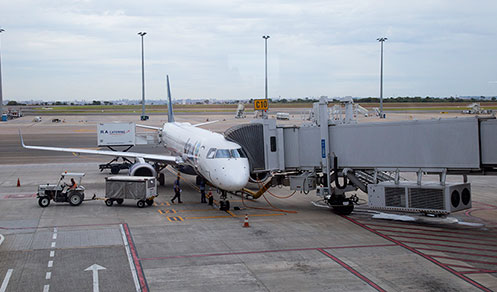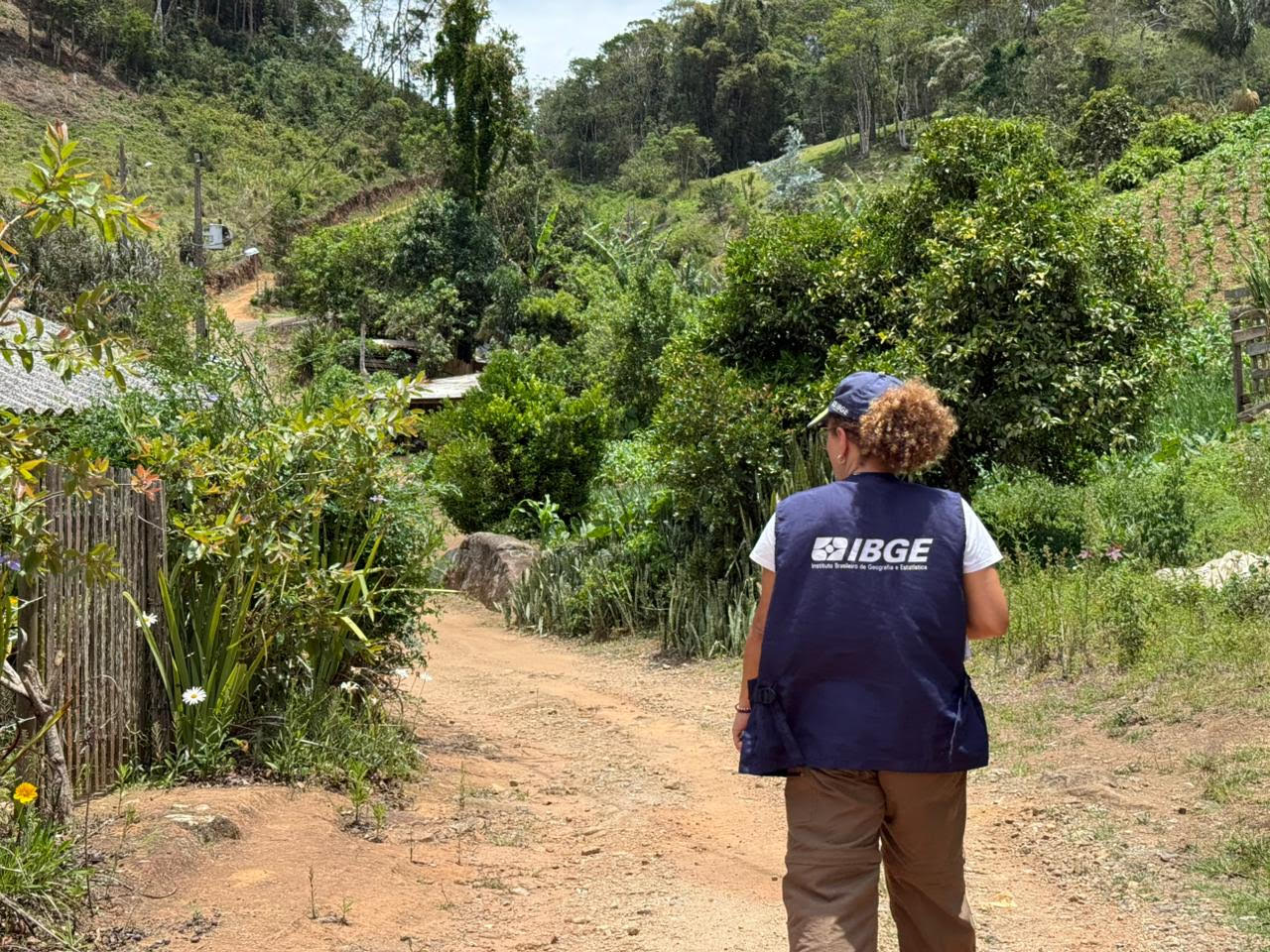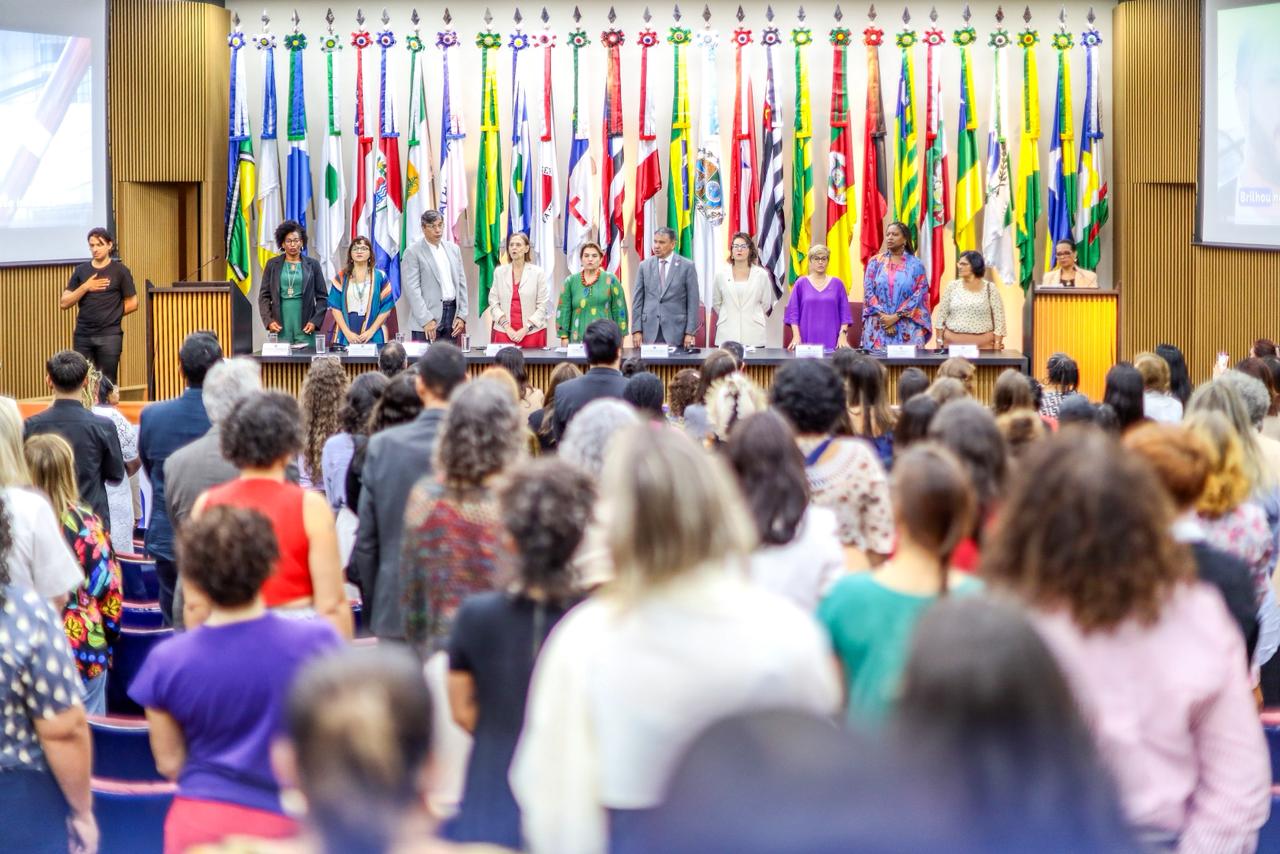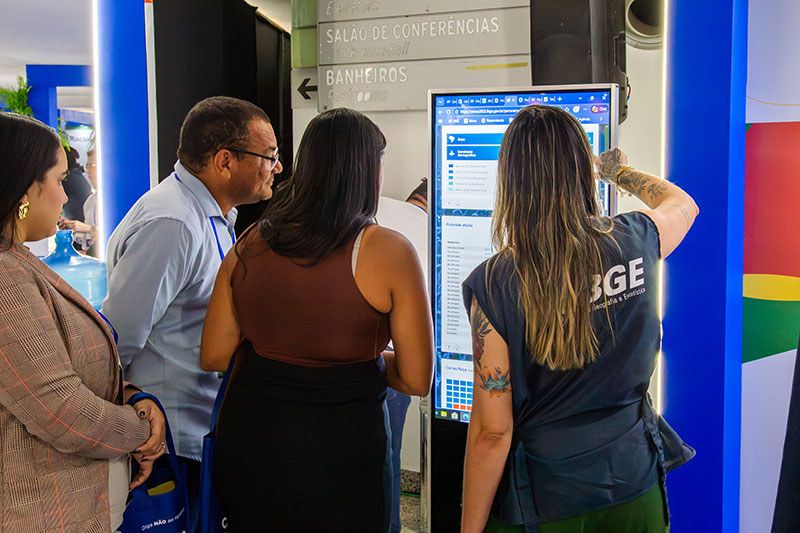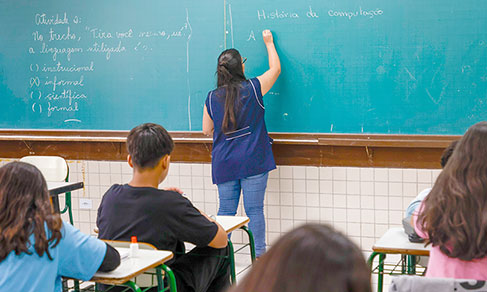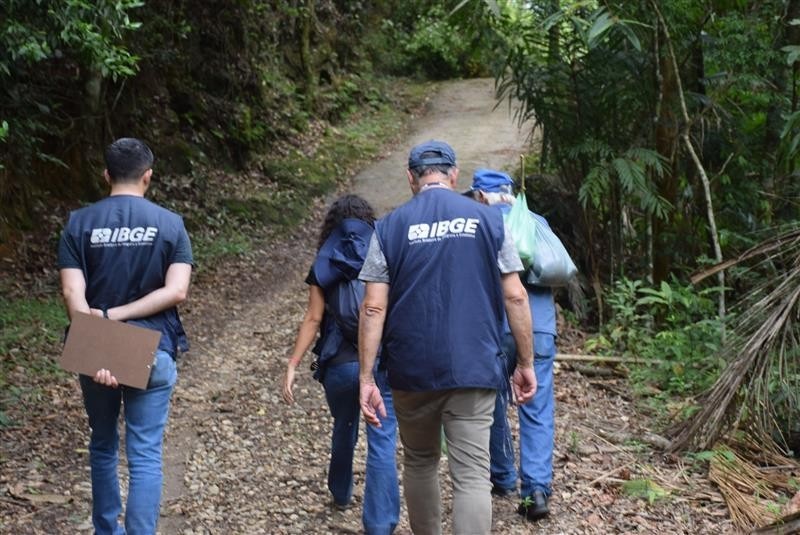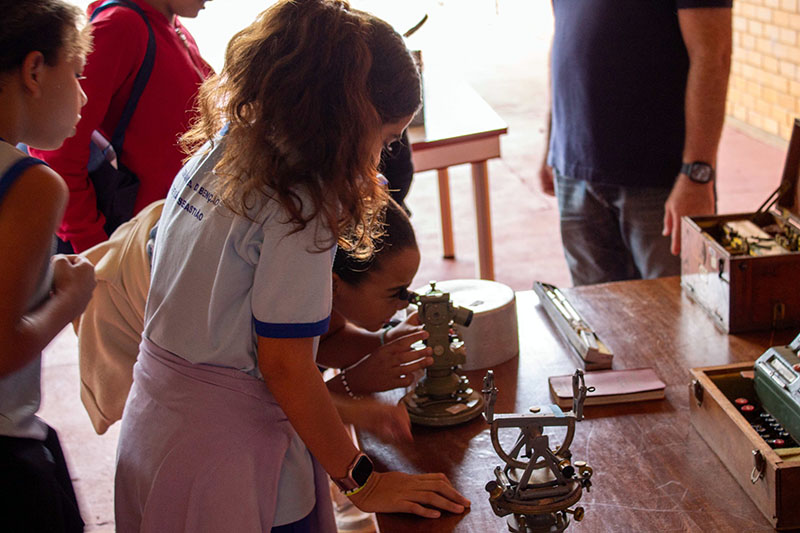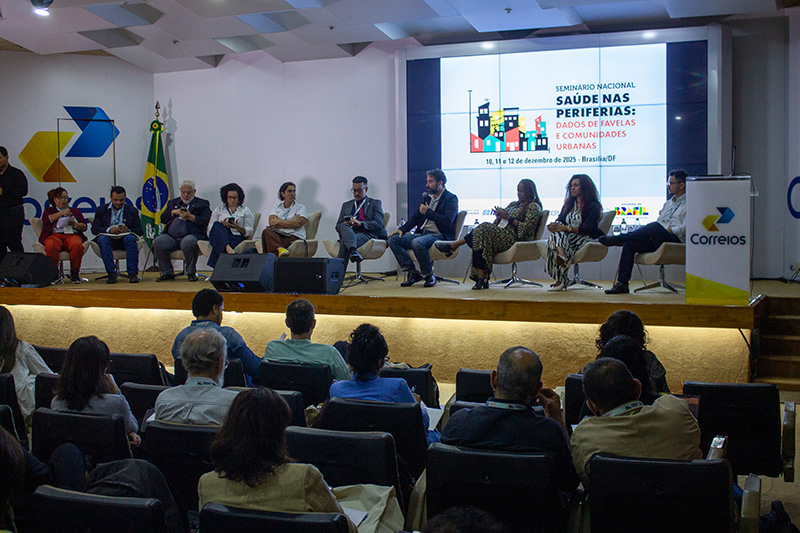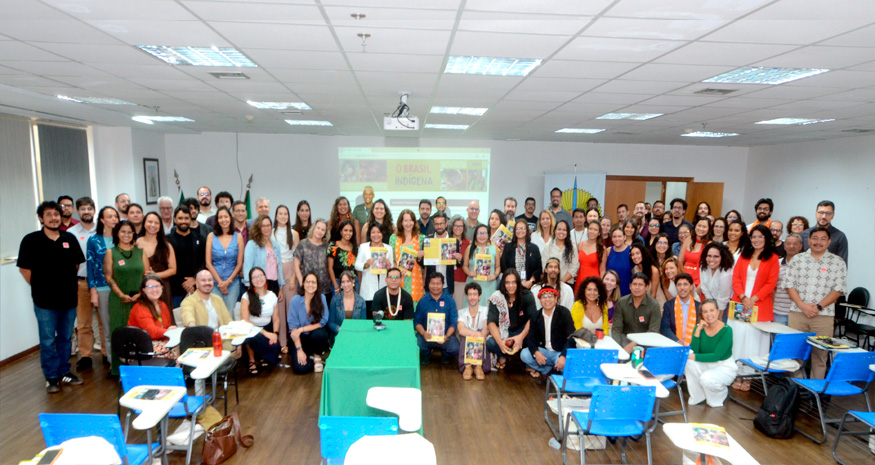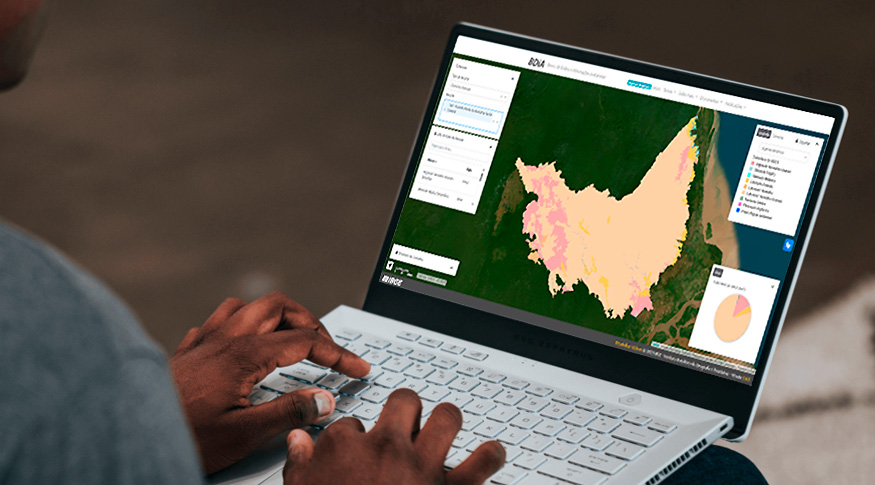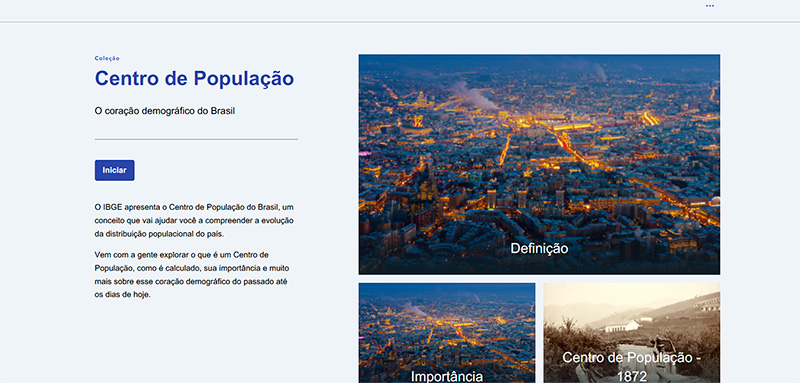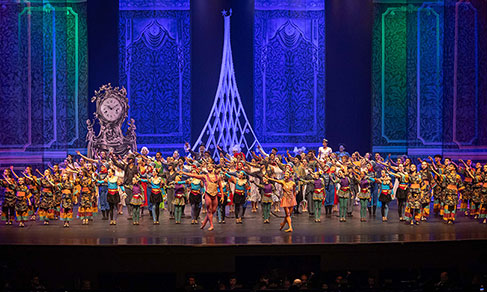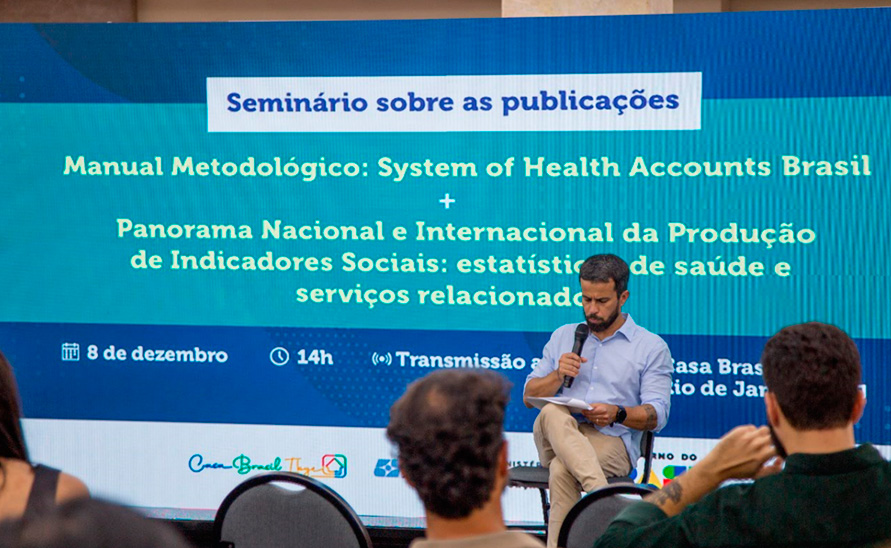In Brasília, IBGE participates in Labor Observatory Meeting
June 12, 2024 04h35 PM | Last Updated: June 18, 2024 01h42 AM
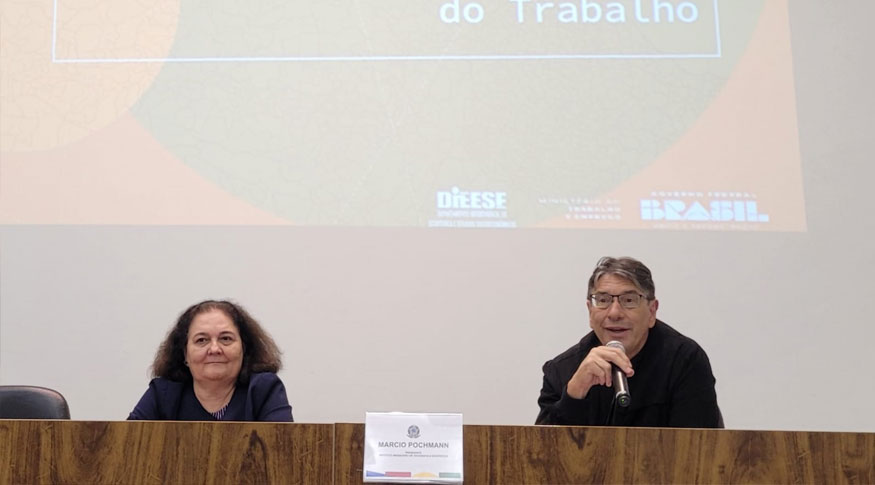
The president of the IBGE, Marcio Pochmann, participated this Wednesday, 12th, in the Labor Observatory Network Meeting, an event held in the auditorium of the Ministry of Labor and Employment (MTE), in Brasília (DF). Promoted by the MTE and the Inter-Union Department of Statistics and Socio-Economic Studies (DIEESE), the Meeting brings together representatives of local observatories from 21 states and 11 municipalities with more than 200 thousand people, as well as panelists from various entities.
Francisco Macena, executive secretariat and acting Minister of Labor and Employment, opened the meeting by highlighting that the ministry seeks answers to challenges to the new setting, as “finding out the reasons that lead to turnover, assessing the quality of employment and knowing which effective qualification policies should be developed to prepare workers for a scenario of technological change.”

Pochmann participated in the discussion table Brazilian Labor Market in 2024 – Reality and Challenges, together with Marcelo Manzano, researcher Institute of Economics of the University of Campinas. The discussion was mediated by Paula Montagner, under secretary of labor studies and statistics of MTE. “We are completing the first quarter of the 21st century and it is our duty to better interpret what is taking place in the labor reality in Brazil, so the work of the group is extremely important,” said the president of the IBGE.
“The horizon and the world of the future in Brazil always come to us as very negative ones, mainly when it comes to labor. That happens because of climate or technological changes, with robots and artificial intelligence, and the analysis demand speed, so time is insufficient for longer-term analyses,” stated Pochmann, who insisted on the need for update of questions asked in surveys in order to grasp a new reality of labor market and its interactions in Brazil.
Pochmann mentioned, among other factors that point to a change of time, topics such as climate changes and their impacts, which condition the location of businesses and employment, and a new demographic regime in Brazil, which points to an inflection in the country’s demographic path. “Given the central role of labor in human life, there is the issue of observing the labor market based on the questions we are asking. How to explain the great number of youngsters with income from activities related to social media, such as YouTube, games and others? For that reason the IBGE had made a great effort to understand to what extent we have internalized these changes.”
As he presented labor market data from different surveys and sources, Manzano, indicated a recovery in the last two Years, after the pandemic, but ponders that “the labor market is not often easy to analyze, mainly in a country like Brazil and all its heterogeneity. It gets more and more difficult to see reality considering a single indicator, and that is the case of the Brazilian labor market,” the researcher explained.

Manzano highlighted that, despite the advance of labor market in the country, which has recovered in the last few months, the unemployment rate differs by state in the country, and disparities in terms of color and race and gender remain high. “Youngsters are more susceptible to unemployment, and that is an element we should consider and analyze. Underutilization of workforce, in spite of significant decrease, is still high, and we are far from full employment, and we do not know yet whether the factors that foster economic activity through the increase of consumption and benefits to services will remain in coming months,” he added.
The Labor Observatory Network Meeting will continue this Thursday (13), at the auditorium of the Ministry of Labor and Employment, in Brasília.



